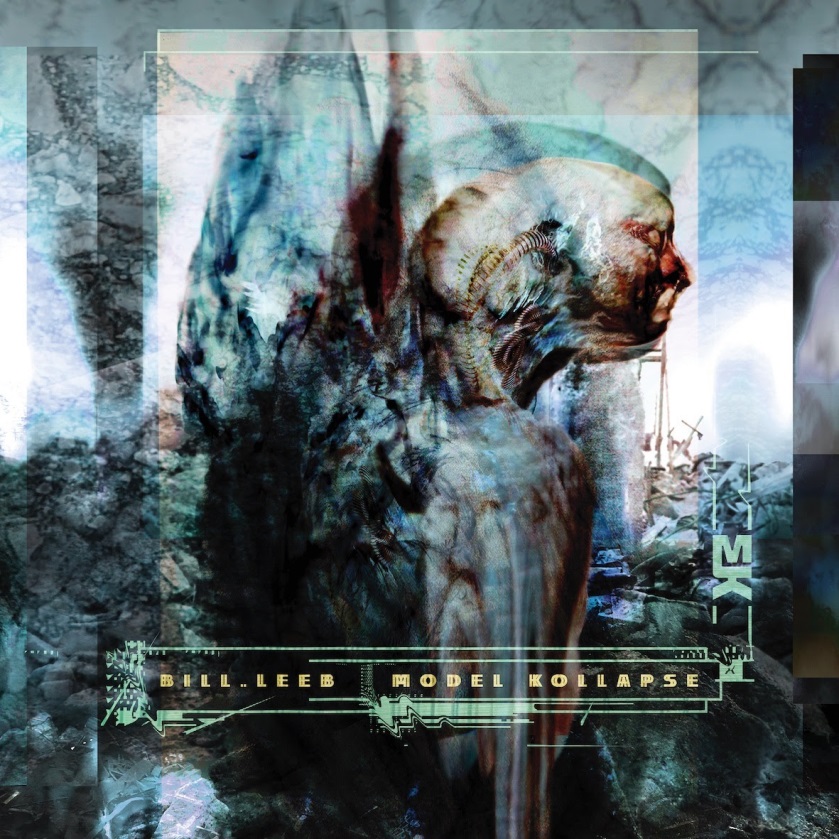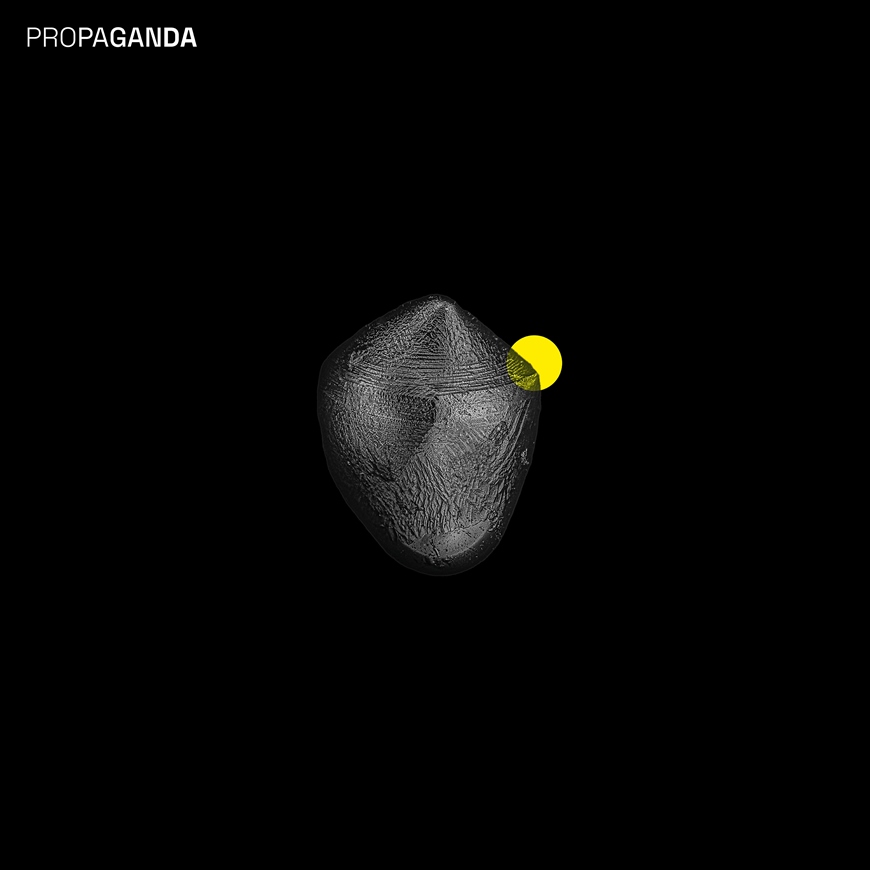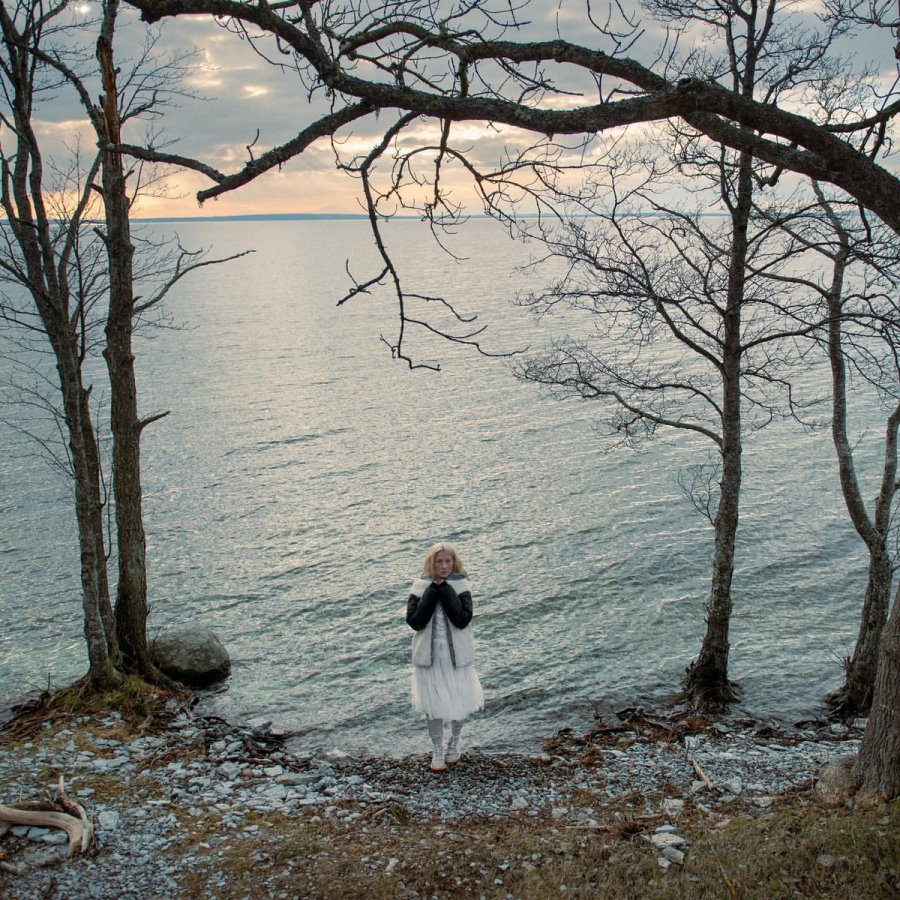Vancouver is a rainy city in the shadow of Grouse Mountain with beautiful views. Its citizens like to eat pancakes at Sophie’s Cosmic Café and cycle around UBC, while wearing clothes from Mountain Equipment Co-op or Patagonia.
The furthest point any Canadian could have been from the European bases of PORTION CONTROL and FRONT 242, it’s an unlikely cradle for the development of industrial electronics. Nevertheless, SKINNY PUPPY was born there, in a perfect storm of sequencers and hair spray. FRONT LINE ASSEMBLY broke through the membrane when Bill Leeb left to make music in a different vein.
With a changing cast that mostly revolved around Leeb and Rhys Fulber, FLA put less of a focus on gothic theatrics than SKINNY PUPPY. The band’s sound owed more to Neal Stephenson than Vincent Price. Cybernetics, media, and power complexes became themes around which intense electronic sounds were built.
Leeb and Fulber have also spent time in the mainstream as DELERIUM – a project that allows them to explore their interests in ambient and epic synth work. The Left Coast’s natural beauty is clearly impressed into the project, along with influences from Jean-Michel Jarre, Klaus Schulze and TANGERINE DREAM.
Leeb has just released his first solo album. ‘Model Kollapse’ sits between the intensity of FLA and the fluidity of DELERIUM. With guest vocals from a fellow Vancouverite, Shannon Hemmett (ACTORS, LEATHERS), and contributions from DELERIUM collaborator Mimi Page and Jason Corbett (ACTORS), it adds textures that don’t sit neatly in either bucket. It is also a deeply personal collection of songs, assembled during a period of transition for Leeb.
“All I ever wanted was to be with you” goes a line on ‘Muted Obsession’. Is it a statement of regret or an argument for forgiveness? The urgent bass line doesn’t resolve the question, but it is sophisticated dark poptronica. It butts up against ‘Simulation’ which is spiked with the essence of PORTION CONTROL. The material on ‘Model Kollapse’ combines the feel of classics from the Industrial bins at Vancouver’s Odyssey Imports with the lessons of a lifetime on global stages.
You can detect the influence of FRONT 242 in ‘Terror Forms’ and NITZER EBB in ‘Infernum’ but these are not derivative tracks. They are built on the rhythmic foundations of EBM, but the edifice is a cathedral of reverb, distortion, and insistent vocal lines. Leeb’s stylings infuse the material with classic FLA definition and intensity.
‘Model Kollapse’ sounds a warning about the encroachment of technology on our lives. A description of the tendency of AI systems to fall apart when exposed to their own outputs, the term highlights that we take the good with the bad. A rainy winter in North Vancouver, contemplating the passing of friends and discomfort about the growth of Big Data could lead you there. So could 52 minutes in the company of the resulting album.
‘Model Kollapse’ is released by Metropolis Records in vinyl LP, CD + digital formats, available from https://frontlineassembly.bandcamp.com/album/model-kollapse
https://www.facebook.com/bill.leeb.3
https://www.instagram.com/leebbill/
Text by Simon Helm
15th September 2024













Follow Us!